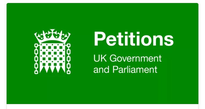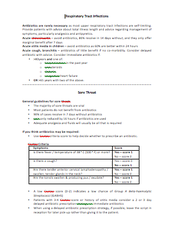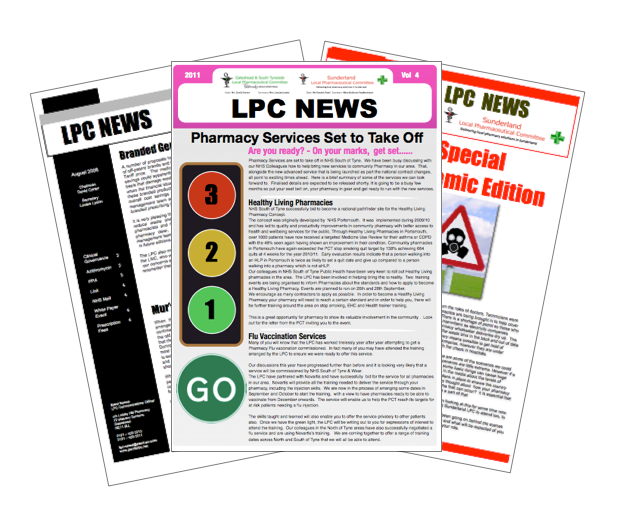
Following the Department of Health announcement just before Christmas regarding the cut in Pharmacy funding the LPC has learned that a petition has been started on the UK Governments website. Although the LPC has not had an involvement in this we thought that we would bring it to your attention..
The link to the petition is https://petition.parliament.uk/petitions/116943
Alongside the petition, as mentioned in our previous communications the LPC will also be working with national bodies to ensure the your voice is heard.










 RSS Feed
RSS Feed
